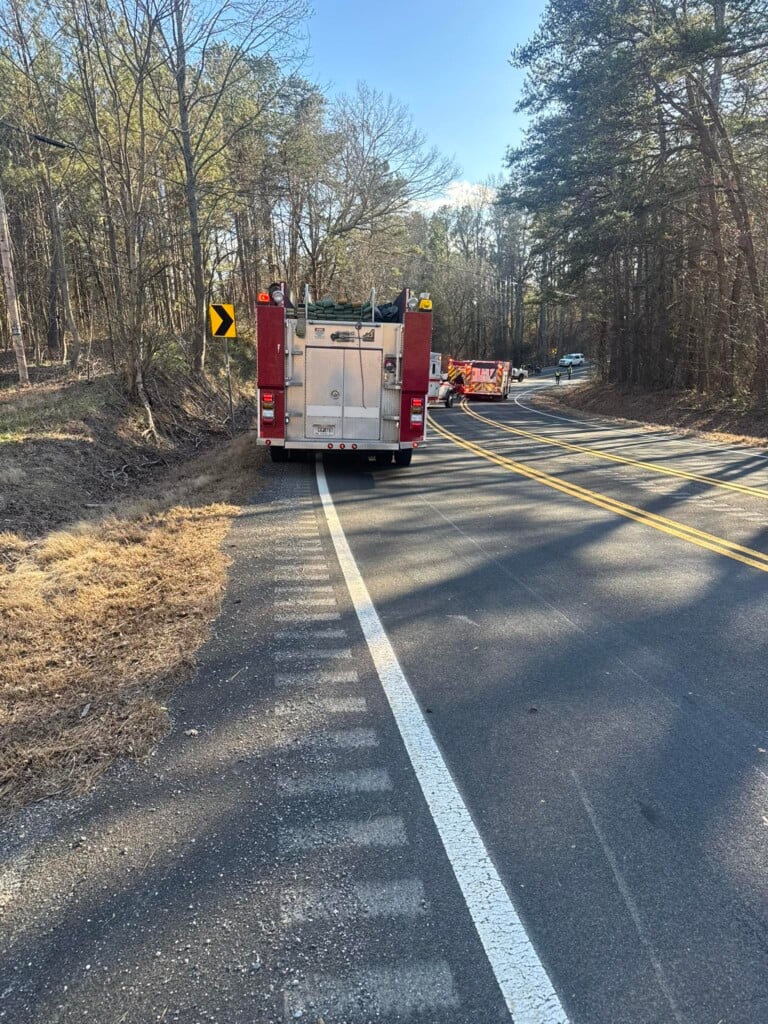Health professional advocates for clarity amid Tylenol discussion
CHATTANOOGA, Tenn. (WDEF) – President Donald Trump’s recent statement, “Don’t take Tylenol” has sparked national debate this week.
The comment comes as renewed discussions swirl around the possible links between Tylenol use during pregnancy and autism.
A conversation also fueled by presidential candidate Robert F. Kennedy Jr.
Kennedy added fuel to the fire with his vow for aggressive research.
He said, “It will be uncompromising and relentless in our search for answers. We will perform the studies that should have been performed 25 years ago.”
The remarks have raised questions for families, medical professionals, and researchers alike.
News 12 spoke with Greer McGuinness, a health professional who works with children with autism and ADHD and who also has a son on the autism spectrum.
She cautioned against rushing to conclusions.
“When RFK said that he was going to have a cause of autism within six months, that was extremely hasty,” McGuinness said. “As someone who works with children with autism and ADHD every single day, it is not just one cause for every single person.”
McGuinness made it clear that she does not take sides in the political conversation.
Instead, she advocates for more research and scientific transparency.
She explained that science is not static, and that what is considered safe today may look different after decades of study.
“If we don’t have sound information on either side, I don’t think there is harm in taking a double look,” she said. “Let’s go back and look. For example, when Zantac came out, it was considered safe. It worked. Then ten years later, research showed it could cause cancer if taken consistently over a long period. Science is forever changing because we are changing. Our evolution is changing. Our environment is changing.”
McGuinness also emphasized the diversity of experiences within the autism community.
“When people say, we don’t need to cure autism, we don’t need to look for intervention, that’s fine if you feel that way. But I know a lot of autistic adults and a lot of moms with profoundly autistic children who feel completely different.”
Her message is that autism is not one size fits all. Families experience it differently, and research and resources should reflect that.
At the heart of the matter, McGuinness said families just want honesty and clarity from the scientific community so they can make the best decisions for their loved ones.
“If people feel that they want to take it, they can take it. If they feel that they don’t, now that the information is out there, that’s fine. But let’s move on and actually put that money and resources into other scientific information or services for our children.”
News 12 reached out to Erlanger Health System for comment.
A spokesperson said they will not be addressing this topic at this time.
For those who want to dive deeper into this conversation with health professional Greer McGuinness, click here.




